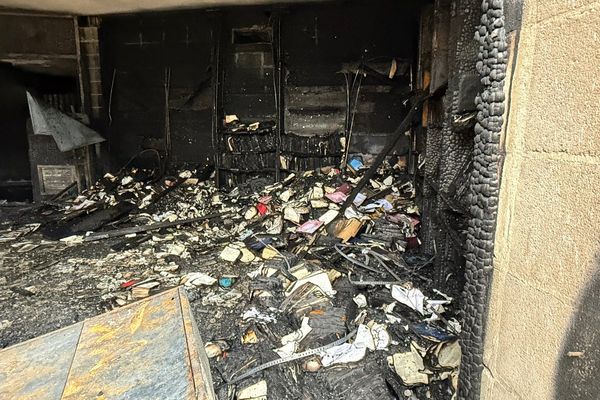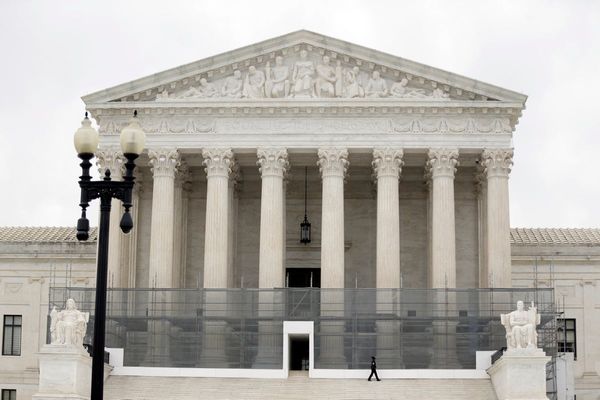
Last week, the media alerted to the fact that Tesla's EV production and deliveries decreased year-over-year in Q1, while production far outpaced deliveries.
That's true. Tesla produced 433,371 electric vehicles (down 2% year-over-year) and delivered 386,810 (down 9% year-over-year), which brings us to a new difference of 46,561 EVs—produced, but not delivered.
Get Fully Charged
Telsa produces noticeably more cars than sells
In Q4, the company produced over 46,000 more electric cars than delivered. During the past two years, the cumulative difference increased from roughly 20,000 to over 160,000.
This is a record difference for Tesla, but relative to production, it was 10.7% of the total volume. Not the end of the world.
Nonetheless, this is a sign of much more challenging times ahead. In the past, Tesla was able to relatively closely match production with deliveries.
As we can see below, things started to become consistently different in Q3 2022 and through 2023. Tesla increased production of the Model 3 and Model Y duo and the waiting queue of months of production disappeared so the company applied multiple price reductions.
All the actions helped, but the issue of supply being higher than demand is still a major challenge, even at the lower price point. Tesla recently applied discounts of up to about $7,500 to reduce the vehicle stockpile in the U.S.
Tesla EV Production Vs. Deliveries - Q1 2024

It's too early to say anything for sure. The next quarter might be much better. However, one thing is certain—producing significantly more than one can sell is not sustainable over the long term.
Tesla will have to improve the value of its products to attract more customers and/or reduce prices.
According to our data, between Q1 2015 and Q1 2024, Tesla's EV production increased to over 160,000 cars. It was just above 16,000 in Q1 2022 (one of the lowest points, associated with relatively high prices), so the surplus of roughly 140,000 was generated solely during the past seven quarters.
That's about 37% (or over a month) of the company's global quarterly production.

For reference, in the case of Rivian, the cumulative difference between production and deliveries as of the end of Q1 2024 amounted to around 11,600 units, or 83% of last quarter's production (see report here).
In the case of Lucid, things are much more challenging. We estimate that the cumulative difference between production and deliveries exceeded 5,000 units. It's equivalent to more than two quarters worth of production (assuming Q4 2023 as a base).
In other words, Tesla's situation is not bad. If it worsens, we can expect a fiercer price war or the promise of some future vehicle that's even better/cheaper than what Tesla offers today.







